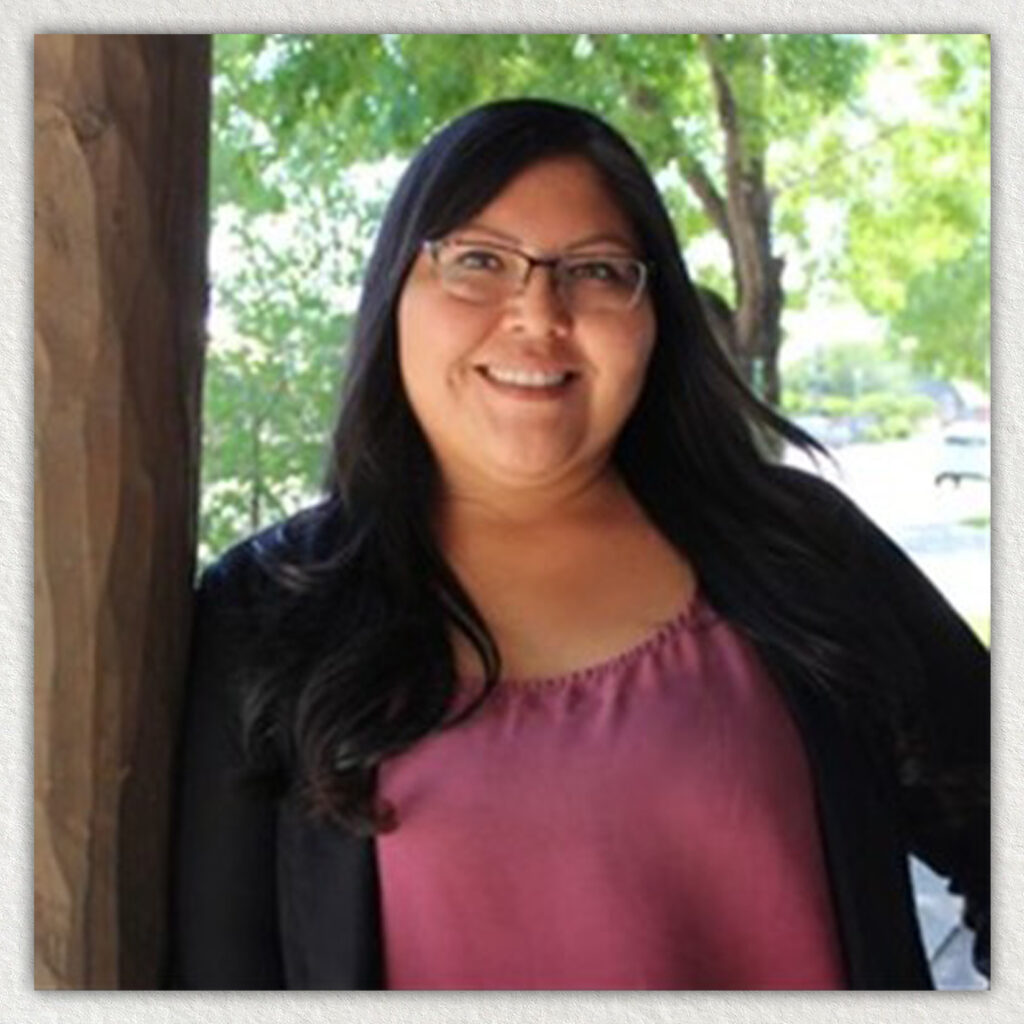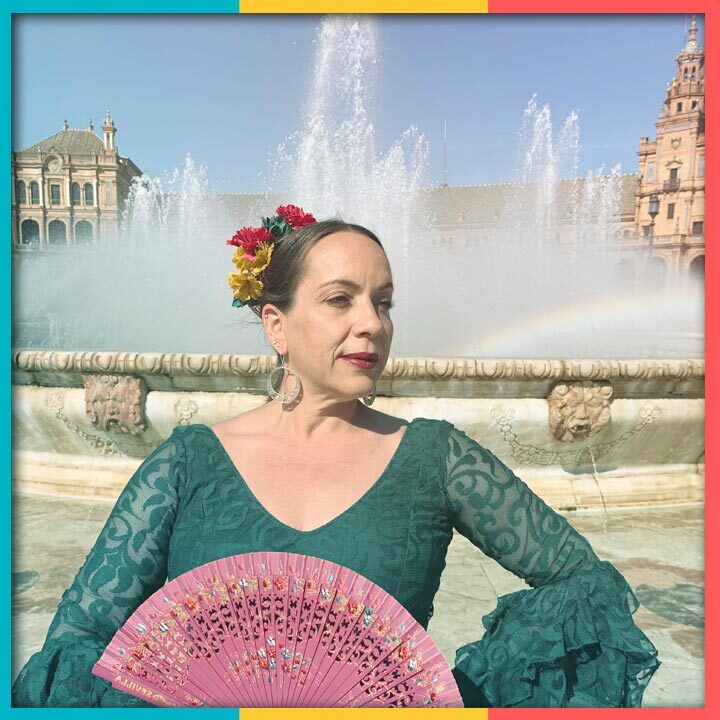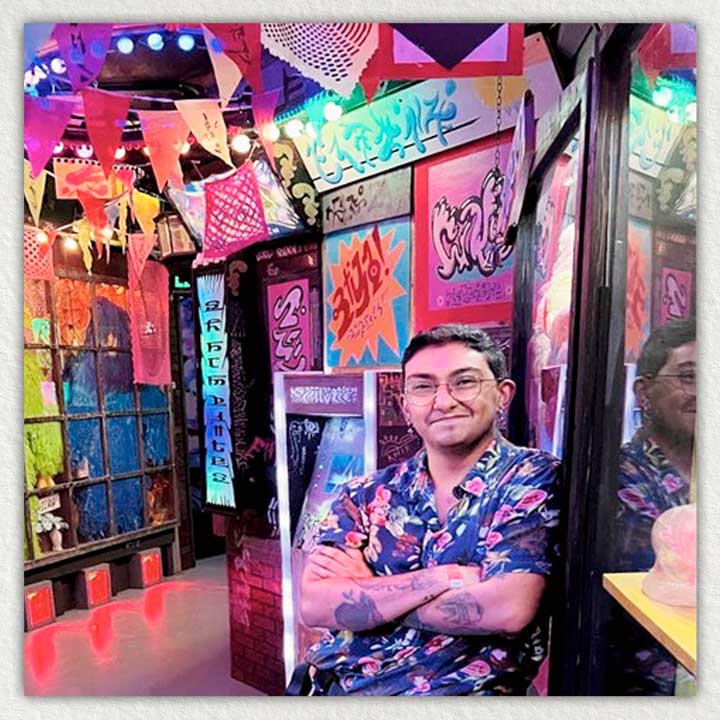SOMOS WRITERS SHOWCASE: NICK FLYNN

Nick Flynn (writer, playwright, poet) has published twelve books, most recently This Is the Night Our House Will Catch Fire (2020), a hybrid memoir; and Stay: threads, collaborations, and conversations (2020), which documents twenty-five years of his collaborations with artists, filmmakers, and composers. He is also the author of five collections of poetry, including I Will Destroy You (2019). Flynn will be the keynote speaker for the 9th Annual Taos Writers Showcase, hosted by Society of the Muse of the Southwest.
MEET THE ARCHITECTS AND DESIGNERS: PUEBLO ARCHITECTURE TODAY

The exhibition “Restorying Our HeartPlaces: Contemporary Pueblo Architecture” offers an associated speaker series sponsored by the New Mexico Humanities Council. “Meet the Architects & Designers: Pueblo Architecture Today” will feature a 1.5 hour program with two panelists followed by a thirty-minute Q&A discussion moderated by the exhibition curators, Dr. Ted Jojola (Pueblo of Isleta) and Dr. Lynn Paxson. This panel talk features Theodore Edaakie (Pueblo of Isleta) and Juliet Pino (Zia Pueblo) as panelists. They will be discussing their experiences as younger architects and designers while comparing their experiences and career objectives from working within an Indigenous owned firm and non-Indigenous owned firm.
MIGUEL TRUJILLO, NEW MEXICO’S UNKNOWN CIVIL RIGHTS HERO

Presented by Gordon Bronitsky
In 1948, Miguel Trujillo, a WWII Marine veteran from Laguna, sued New Mexico and obtained the right to vote for Native Americans of the state. This presentation tells his story. The presentation encourages an understanding of the background for voting rights in New Mexico 1912, and encourages people to think beyond the Three Peoples myth to the reality of the struggle that began with the Pueblo Revolt of 1680 and continues today.
*PAST* THE HISTORY OF FLAMENCO

Presented by Nicolasa Chávez
This presentation traces the history of Flamenco in music and song. The presentation begins with flamenco’s origins in Medieval Spain through the present, concentrating on its arrival in the US and New Mexico. Nicolasa and her accompanist will share the history and meaning behind the music and songs along with personal stories as flamenco performers in New Mexico.
*PAST* SOMOS WRITERS SHOWCASE: VICTORIANO CARDENAS AND STEVIE CZERNIEL

Join the Society of the Muse of the Southwest (SOMOS) for their June Writers Showcase. SOMOS will present two readers: poet Victoriano Cardenas and memoirist Stevie Czerniel, both of whom identify as LGTBQA+ community members. Cardenas lives in Albuquerque and their most recent book is “Portraits as Animal: Poems.” Czerniel’s memoir—in–progress is “Eddie’s Boy: Stories From My Life as a Hidden Transgender Girl.” Their readings will be followed by an open Question & Answer time.
